Sometimes when you homeschool tweens – the turbulent early puberty years – you need to know you’re not the only one wondering what happened to your sweet child. Trust me, you’re not the only one.
I remember one totally typical homeschool day when the 9-year-old came up the stairs to find me. As she entered my room where I was folding laundry, I heard her almost-12-year-old brother shout after her, “Tattle tale!”
Said sister informed me that said brother was not doing his after-lunch chore and was calling both sisters names. Of course he was calling them names for no reason.
I called up the offender, whose face was a perfect storm of offended dignity and indignant anger. He proceeded to argue fiercely for the many, many reasons why his angry responses were reasonable and deserved. His sisters were full of sinister motives.
(PS – I tell this story with the permission of all parties)
When my oldest was his age and doing the same thing, I unwittingly let him set the tone, even while trying to be the one in charge. I let his emotions determine mine. I knew I should win, so I played his game and matched intensity to intensity, anteing up each notch he reached.
Now as my fourth 12-year-old and third 12-year-old boy stood before me, I listened with raised eyebrows and did my upmost not to break into laughter.
Often, having our first preteen can hit us mothers unawares. We were in the trenches, having babies, juggling meals and laundry, making homeschool curriculum choices, and trying to keep everyone alive.
The oldest hits ten or so and we feel like we’re finally getting somewhere. Even though there’s more education needing to be dished out and perhaps there’s still a baby or toddler or another on the way, we begin to feel the payoffs of experience and of one or two kids who no longer need us for absolutely everything.
So we take a deep breath and think we might just survive after all.
Then the child becomes a tween. He enters early puberty. Suddenly, not only do we not know anything anymore, the pubescent smarty-pants is all to eager to point out how much we don’t have it figured out and under control.
He begins acting like a 3-year-old all over again, and especially because we’re likely still in parenting-toddlers mode, we ratchet down and go back to treating the 12-year-old like a 3-year-old.
And we get no where.
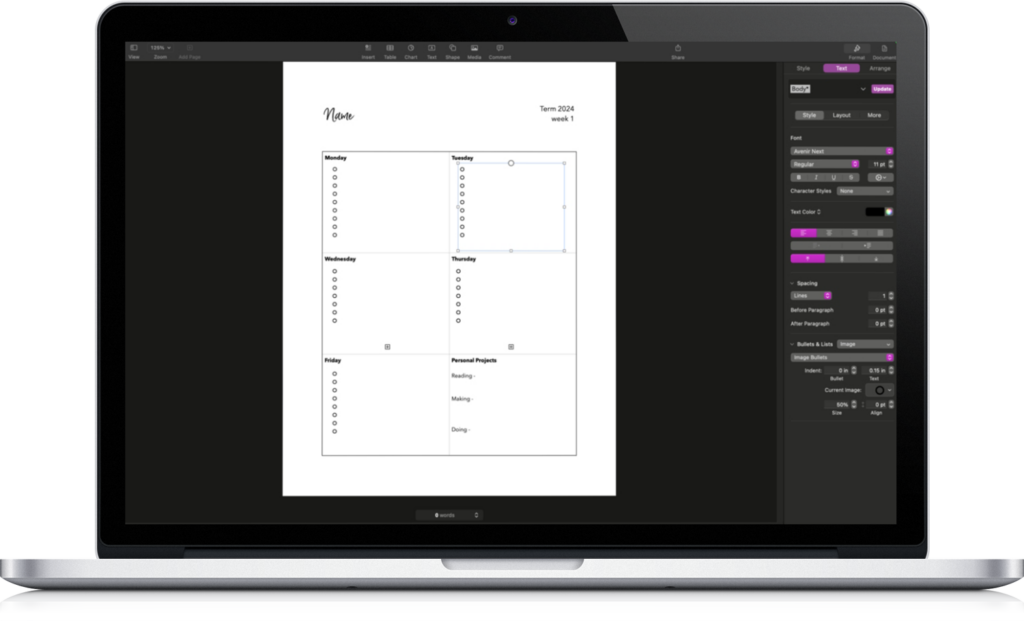
I‘d love to share five of my favorite homeschool templates with you.
Your 12-year-old is like a 3-year-old
While my son was arguing with me, hot temper on obvious display, he insisted he was in the right. He insisted that responses were totally justified. Because – get this – his sisters had been annoying. What’s a guy to do?
He believed that it was not his fault he was angry. His sisters were the ones who needed to apologize to him. THEY were annoying.
Now, as moms, we generally know a thing or two about being under the influence of unstable hormones. So we are uniquely suited to give our children the grace they need to learn how to navigate puberty. We of all people ought to know how
On top of the hormone-induced struggles, tweens are likely also experiencing growth spurts, which exhausts their bodies and contributes to their experience of awkwardness and disequilibrium.
Though understandable, the responses we and our children have under the influence of turbulent hormones is not inevitable. We all still bear responsibility for how we speak and treat others, even when it’s more difficult.
Yes, my tween son was tempted to respond in anger when his sisters interrupted him. We all feel impulses toward sinful reactions and overreactions, but part of maturing is increasing our self-control.
Feeling a temptation does not make jumping headlong into it inevitable. When we feel that tempting tug into irritation, we don’t have to jump. Having jumped, and now splashing around in the thick of the temptation also does not mean you now have no other choice. We’re not stuck, no matter how deep we’re in – and neither are our adolescent children.
It takes a lot of work, a lot of energy, a lot of stamina to stand up to the three-year-old and shepherd him in the way he should go. And boy howdy does it take stamina with the twelve year old. However, that is our call in both phases: provide the boundaries, hold the line, teach them that they can exercise self-control.
Your adolescent is a young adult
In one incredibly important way, preteens are not toddlers and can’t be disciplined or parented or educated with the same tactics.
Like it or not, your 12-year-old tween is much closer to adulthood than to his past toddlerhood. Much of his inner turmoil is due to the natural process of growing up.
Between now and 16-18, his body and mind are gearing him up for independence. What comes off as cocky arrogance or snarky disrespect or angry argumentativeness are often fledgling attempts to be their own person, distinct from mom. Now, we do need to correct and guide their responses, but we must not come down hard in order to keep them subservient to us, under our thumb.
A twelve-year-old is just beginning the journey from complete obedience to parents to honoring parents while obeying God directly and personally in a self-directed rather than parent-directed manner.
So as parents we have to transition from demanding obedience to ourselves to pointing out to them how they must obey God in each area of testing that arises. For three-year-olds, obeying God means doing what mom says without question. For twelve-year-olds, obeying God means learning how God’s Word applies to them directly and how they are responsible to apply God’s Word and live it out. Mostly that will look the same as doing what mom says, but mom should not be looking to continue her reign as absolute monarch. She should be directing her tweens toward the day when they will be their own households, giving them as much wisdom and opportunity for development of that wisdom as she can.
So parenting and homeschooling tweens is difficult because it is a new and different season for the child and for the parent, both together and at the same time. Transitions are tricky and messy and take time, but that is the season of middle and early high school.
The more we as parents recognize that the end of our direct supervision and mandates is near at hand, the more we can parent accordingly and move with grace into a new parenting position.
Your homeschool tween’s judgment is faulty
After some conversation with my indignant son, I discovered that it was not his sisters’ comments that kicked off his outburst. He was upset that he had gotten a particular math problem wrong again, a fourth time in a row.
That means, at our house, no computer privileges that day. So the sisterly irritation was actually just a decoy for the true source of his angst.
He spun up this issue over his sisters as a cover for his real issue, which he didn’t want to deal with.
My son knew he needed to work harder on his math, so he decided that in order to do his math well, no one could talk. He needed to be left absolutely alone – at the kitchen table, without doing his morning chore first, because his math was too important. He was wound up so tight, he spun himself into a tizzy with his sisters in his attempt to solve his situation himself.
And it’s the same with us. We mess up. We waste time. We don’t get our way. We don’t want to face the consequences of our inadequacies and mistakes. And so the temptations and distractions rush in to our “rescue.”
Now, my son’s anger was real and needed to be resolved. Finding the root issue and addressing that did not negate the damage he did with his outburst. He had to get to the place where he realized and admitted that his response was wrong.
He had to ask forgiveness of God and his sisters and his mother. Needing math help was actually insignificant compared to his need for repentance and forgiveness and restoration.
Isn’t that so often the case with ourselves as well?
Your 12-year-old is just like you
All of our children’s overreactions, I think, are there to show us what we’re actually like ourselves. They’re a mirror held up so we can notice what we’re doing, too.
The caricature, the exaggerated form, causes us to recognize that we respond in the same way. We assume our responses are inevitable, that we aren’t responsible for them.
Of course I’m overwhelmed, have you seen my to do list? Of course I’m a perfectionist, I like things done my way – I mean right. Of course I’m anxious, have you turned on the news lately?
We need offended, angry twelve-year-olds acting like three year olds. It is so good and healthy for us. We all have a three year old inside. It’s frustrating when they’re three and into everything and not reasonable and starting to assert themselves. Then they start again to assert themselves and they think they’re reasonable.
We are all like that, really. After an intense season of discipline, of discipleship, the three-year-old learns to cope, learns some self-control, learns some boundaries, learns what is right and wrong and that it’s best to choose what is right.
The twelve-year-old, after an intense season of discipline, of discipleship, will also learn to cope, learn the next level of self-control, learn responsibility, learn what is actually logic and what is merely quarreling. Yes, it really does happen, not automatically, but after the fruit of that intense discipleship.
More on homeschooling adolescents
Our homeschools get less crafty, less funny, less fun-mom-directed as our kids get older, and so the homeschool blog conversation tapers off when it comes to homeschooling middle schoolers.
But homeschooling middle schoolers is incredibly rewarding for us and incredibly healthy for them, when we do so understanding our role and willing to put in the work.
So here at Simply Convivial you can also find my article on Middle School Homeschool Curriculum we’ve used and a humorous but encouraging piece called Twelve-Year-Olds are Persons, Too.
Make sense of the hard homeschool days
Homeschool days can be long and hard – especially when homeschooling tweens. It’s easy to lose sight of what’s actually happening in the midst of the day-to-day. Even when we lose our vision, God does not lose His. While we attempt to teach and disciple our children, we find that it is ourselves needing the instruction and discipleship.
We also find that God provides both, using our decision to homeschool to draw us closer to Himself. To continue with love and perseverance, we need confidence not in our work, but in God’s. The 30 readings inside The Convivial Homeschool will lift up your eyes and spirit so you can focus on what truly matters while doing the daily work of educating your kids.

Get 5 of my favorite homeschool checklist templates!
Jumpstart your homeschool checklist practice by starting with one of my proven formats. Open, edit, and make them your own! Plus, get tips and followup, too –


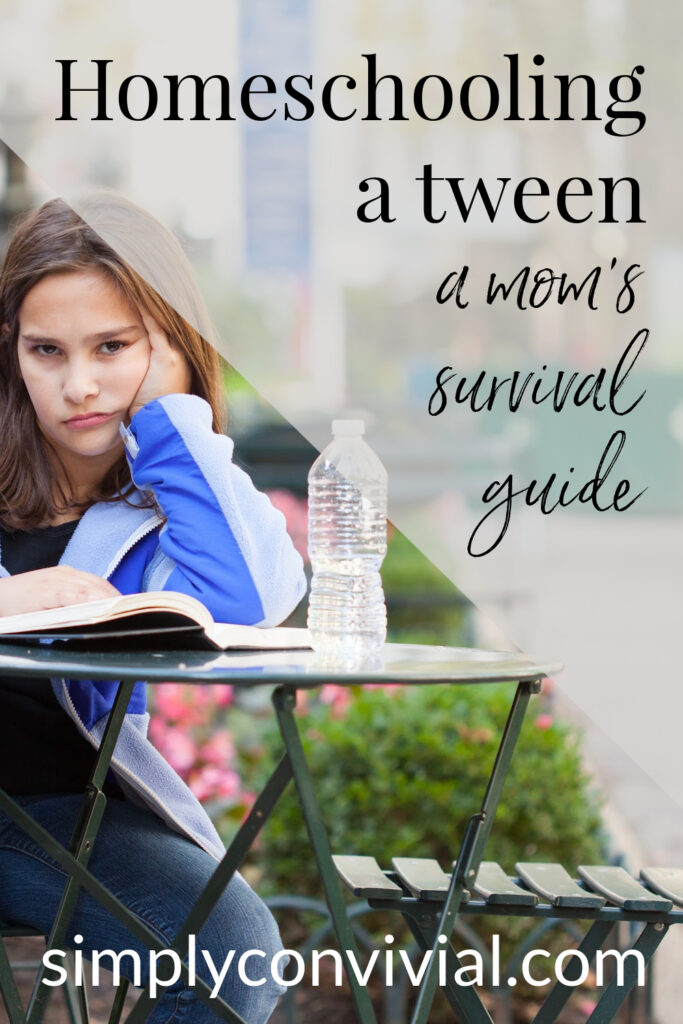
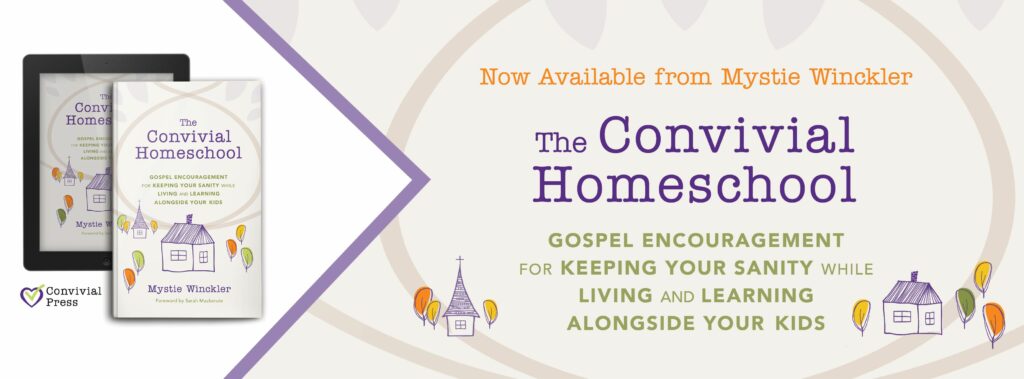
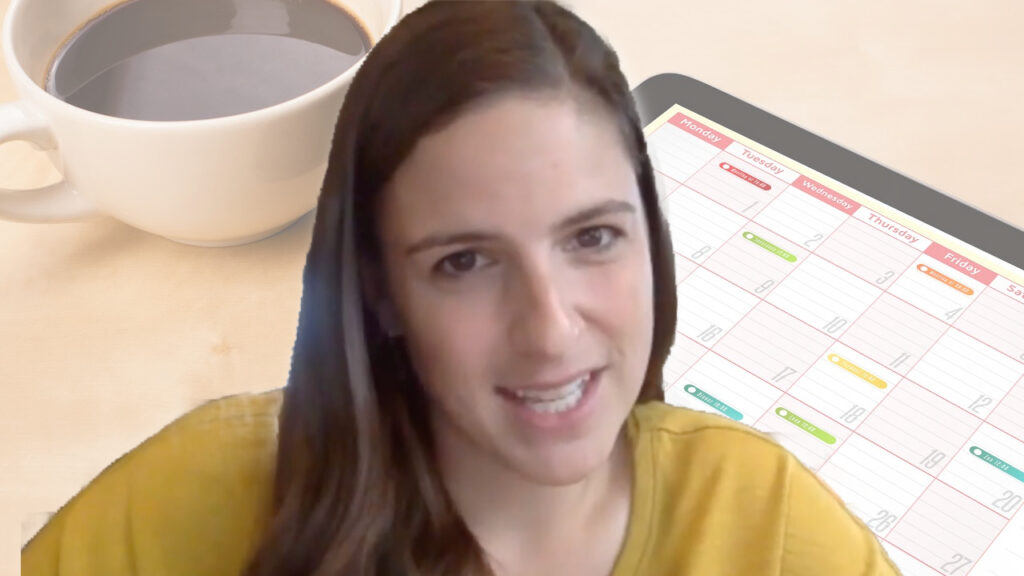



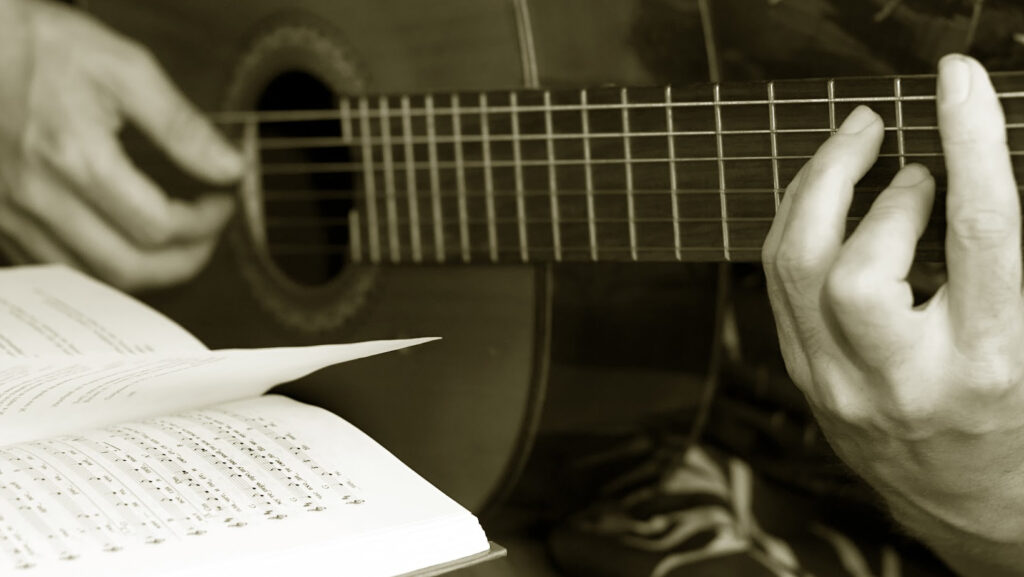

Thank you for this. A worthy read whether you currently have a twelve year old in the home or not!
We’re just getting ready to enter double digits (girl) and I already see the hormonal emotions at play. Crying and not knowing why! Thank you for the reminder that they need to be parented differently than 3 yr olds.
Thank you! 🥺 I was on the brink of giving up when I decided to Google “homeschooling a tween” and your article popped up. This is exactly what I needed, a gift of grace from God. Thank you!